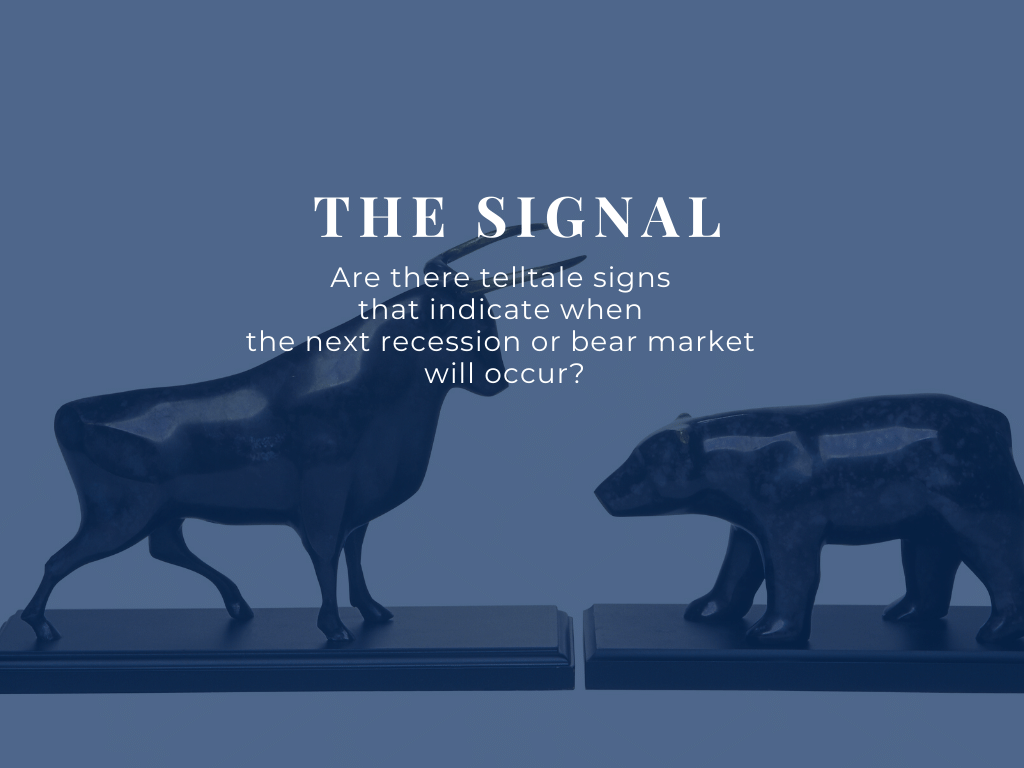Here are our thoughts on a few factors that may impact your wealth.
Topics: Financial Planning
Changes in how your credit score is calculated are coming this summer, and they may impact your access to different types of loans and the interest rate on those loans. Fair Isaac Corporation (FICO) will introduce its FICO Score 10 Suite in the coming months for use by the three primary credit bureaus, Equifax, Experian and TransUnion.
Topics: Financial Planning
How Much Should I Have Saved for My Retirement at Age 30, 40 and beyond?
So many people ask, “how much should I have saved for retirement?” Well, there are many retirement savings “rules of thumb” out there. In this article, we will share some of the common recommendations and even debunk a few.
NOTE: Be sure to read to the end where we share our real answer for the question of how much retirement savings you should have at age 30, 40, 50 and beyond.
Topics: Financial Planning
Considering a Female Financial Advisor? Here Are 3 Ways to Find the Perfect Fit for You
How to choose the best financial advisor for you
Looking for a female financial advisor? At Carnegie Investment Counsel, we asked three of our female financial advisors for tips about how to find the best investment advisor for you. They emphasized that team members at Carnegie, male or female, focus on providing a customized and hands-on approach to services from financial planning to portfolio management. The point is to assess any advisor for the best fit when choosing a long-term financial partner.
Topics: Financial Planning, Investment Management
As 2019 was ending, I was reading a few articles and blog posts recapping the last decade of stock market returns.
Throughout this period, there were many instances where you could have been scared out of the market or sought signals that would indicate a “top” in the market.
For example, remember in 2013 when actress Mila Kunis said she was going from cash into stocks? The S&P 500 is up about 140 percent since she made that announcement.
Or how about in 2016 when the cover of Barron’s (a popular financial magazine) boasted “Get Ready for Dow 20,000?” The Dow Jones Industrial Average is in shouting distance of 30,000 or about 57 percent higher from the date of publication.
Topics: Investment Management
What Is the SECURE ACT? Top 4 Ways It May Impact Your Retirement Planning, plus 2 Pitfalls to Avoid
How the new SECURE ACT rules may change how you save for retirement
In mid-December 2019, the “Setting Every Community Up for Retirement Enhancement” (SECURE) Act was included as part of a massive spending bill approved by Congress.
Notably, this may be one of the most significant pieces of retirement legislation in years.
Topics: Financial Planning, Investment Management
How to care for others by caring for yourself first financially
Ongoing changes to the structure of the typical American family unit have created a new designation known as the “sandwich generation.”
The sandwich generation is defined as those Americans who are simultaneously responsible for their own children and their aging parents. Across the country, these middle-aged adults are finding themselves increasingly compelled to manage a multi-generational extended family, effectively “sandwiched” between their children and elderly parents.
Topics: Financial Planning
The Big S-Curve
The most common things that typical market observers are currently worried about (partially fueled by the media) revolve around politics, the trade war, interest rates and the timing/depth of the next recession.
It is much less common to hear someone talking about the potential positives. Fears like this are nothing new, and in fact, I cannot remember a time in my career when there wasn't a slew of fears to worry about.
Topics: Investment Management
Financial Literacy Tips for Young Adults: How to Prepare the Next Generation for Financial Wellness
The upcoming holidays are a great time to share financial wellness tips with the young adults, grandchildren and young relatives in your life. As families gather, it is important to pass on stories and traditions. So why not the traditions of financial literacy as well? With accelerating college debt, the young people in your life may be most in need of guidance.
Here are some healthy financial practices to share this season:
Topics: Financial Planning
Watch the Video: 7 Landmark Birthdays to Help You Map Your Retirement Plans
“Retirement age” can mean different things to different people, as there are many things to consider when choosing your planned retirement age.
Well-conceived planning in the years before your actual retirement day can make a significant difference in the ultimate value of the assets available to you in retirement. Tax implications and the rules surrounding Social Security benefits make it important to be aware of key dates.
Here’s a look at factors that might help you choose the best planned retirement age for you.
Topics: Financial Planning








.png)


